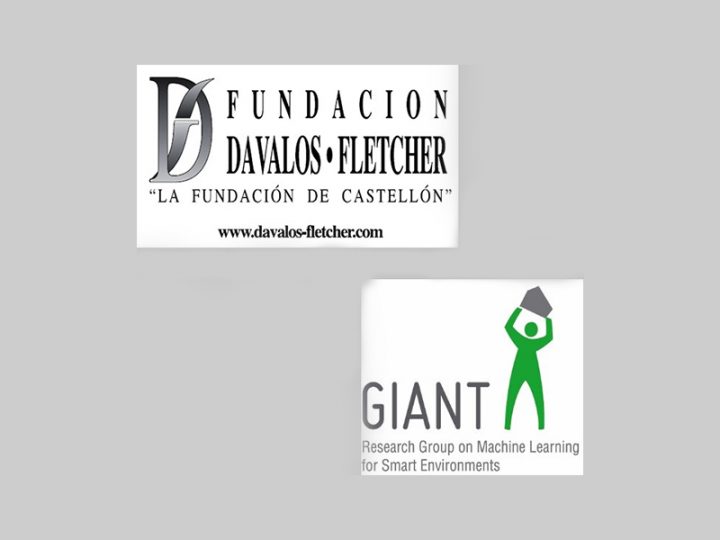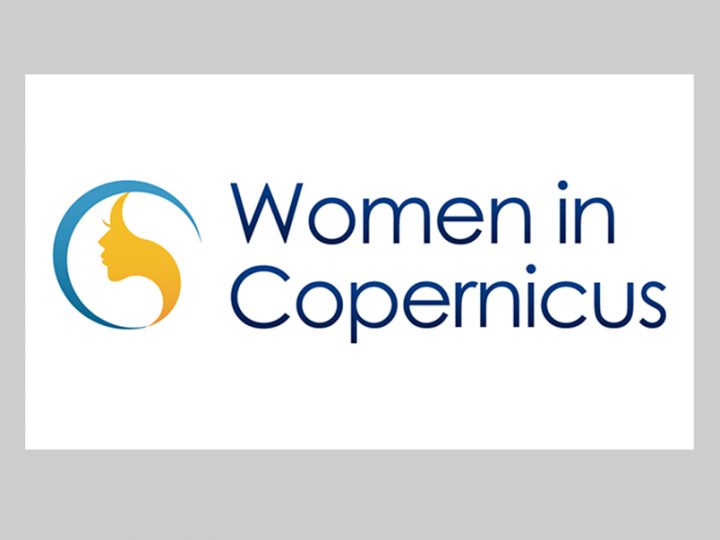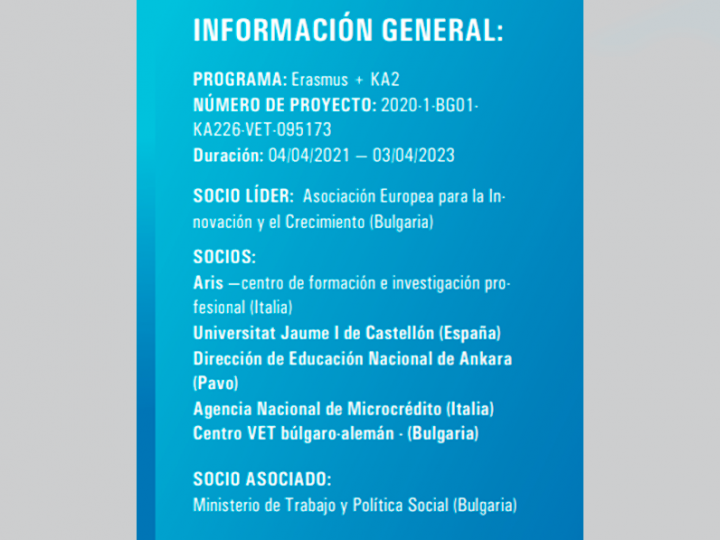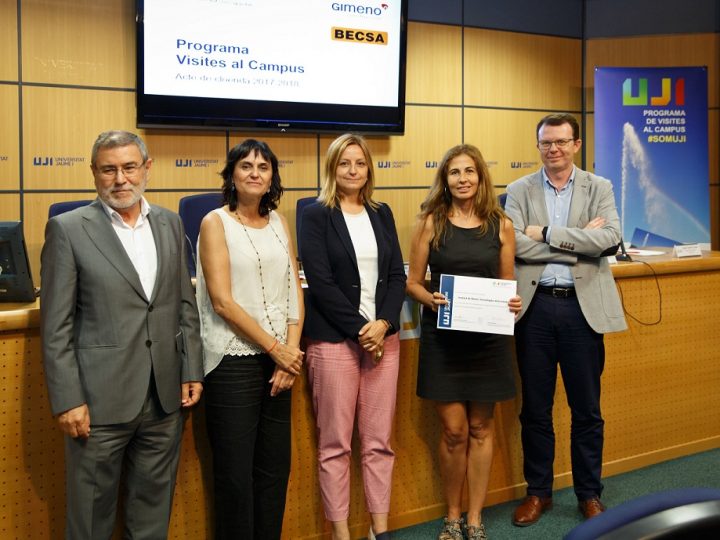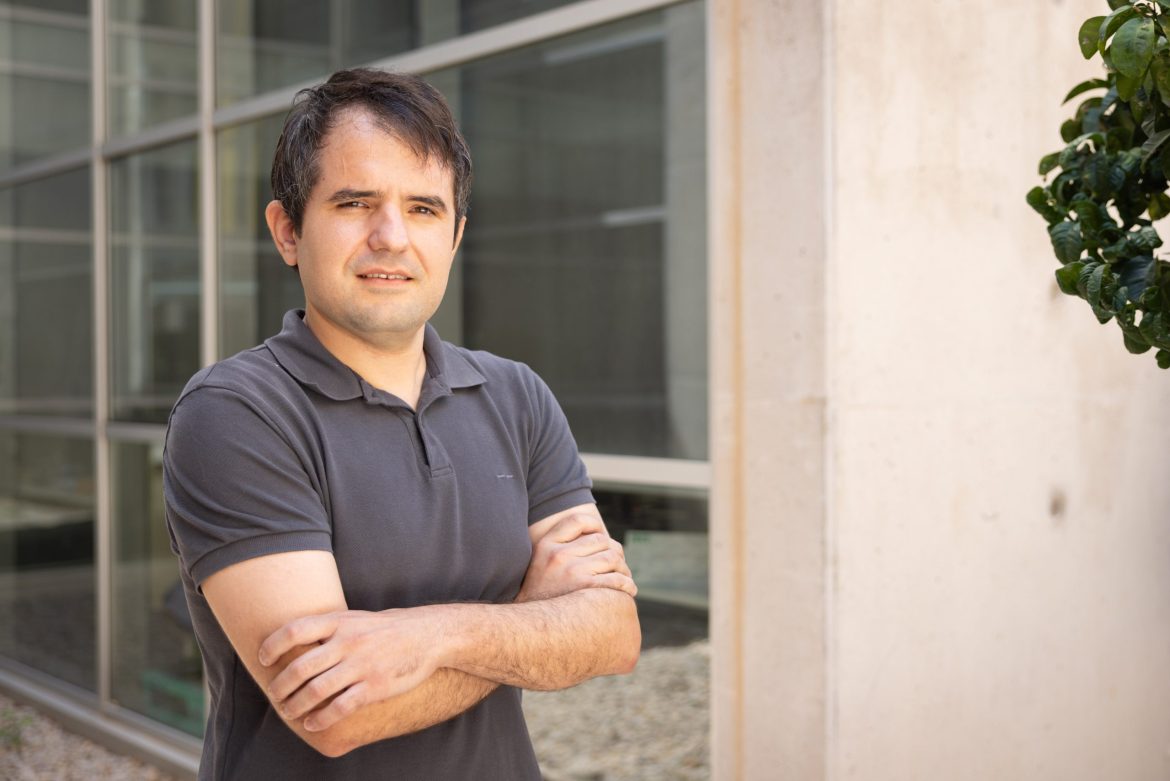
News extracted from UJI | Jaume I University
The researcher established in R3 of the GEOTEC group, Sergi Trilles Oliver, has obtained one of the Leonardo Grants for Researchers and Cultural Creators from the BBVA Foundation in the category of Computer Science and Data Science, awarded with 40,000 euros for the project “CoAIoT: Platform for the use of artificial intelligence in the Internet of Things through the sharing of local micromodels among device communities.”
The Leonardo Grants are a highly competitive call with a success rate of 4%. In the 2024 call, 58 grants were awarded out of a total of 1,423 applications, aimed at researchers aged 30 to 45. They are intended to support the work of researchers and cultural creators who, being at intermediate stages of their careers, are characterized by a highly innovative scientific, technological, or cultural trajectory.
Sergi Trilles Oliver is a researcher in the GEOTEC group (Geospatial Technologies and Geographic Information Systems), integrated into the Institute of New Technologies of Image (INIT). He holds a PhD in Geospatial Information Integration from UJI since 2015 and has worked as a researcher in the Digital Earth and Reference Data Unit of the Joint Research Centre (JRC) of the European Commission in Italy, among others.
The project selected by the BBVA Foundation aims to link the Internet of Things (IoT) and artificial intelligence (AI), which, according to the researcher, “should be the perfect symbiosis” because IoT (the collective network of devices connected by technology that facilitates communication among them and also with the cloud) “can produce the amount of data necessary to feed the machine learning of AI.”
Moreover, the latest IoT devices allow for edge computing, offering remarkable performance for executing small AI models. Despite this, there are various challenges, such as the instability of the data generated by these devices, the lack of data at the time of deployment, or the impossibility of generating individual AI models for each device.
The project aims to generate communities of Yate devices based on their context (location and time), similarity and purpose, with the objective of sharing pre-trained micro-models among these communities, thus facilitating the applicability of AI from the moment the devices are deployed. As a final goal, the aim is to make these devices more intelligent and able to offer instantaneous decisions in the place where they are deployed without requiring connections to distant server clouds.
To this end, a platform would be designed and validated that would favour this connection, which could be applied in numerous business models, such as smart cities, industry 4.0 or healthcare, among others.
Resolution: https://www.redleonardo.es/noticias/adjudicadas-becas-leonardo-2024/
Information provided by: Communication and Publications Service



